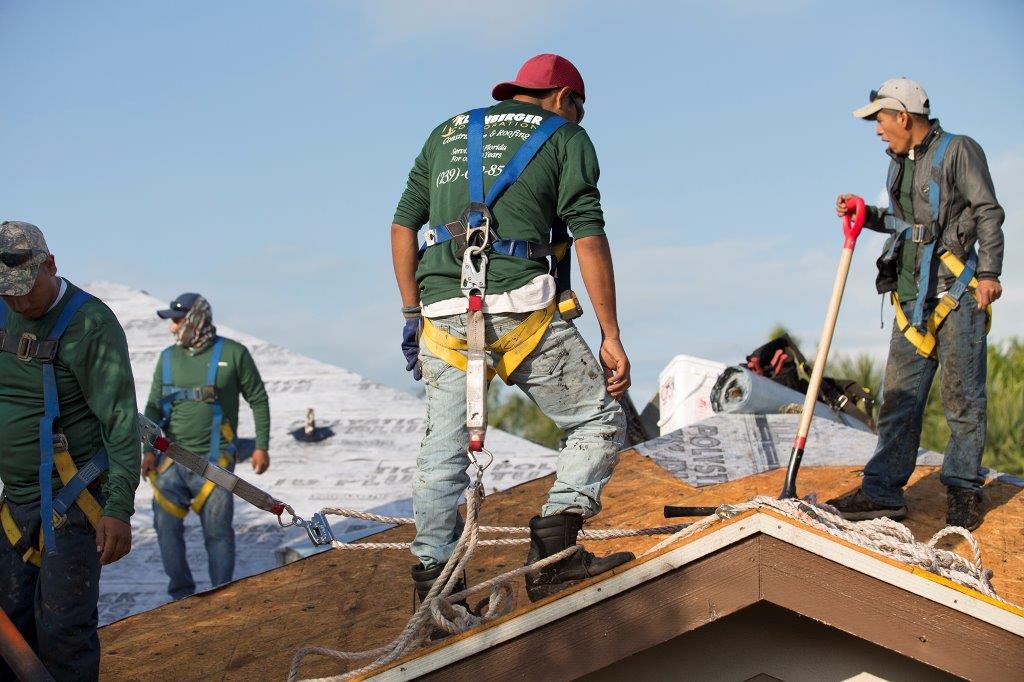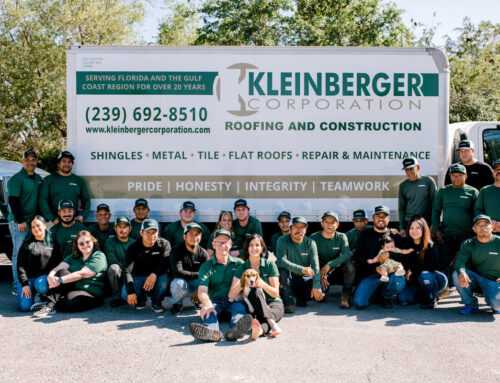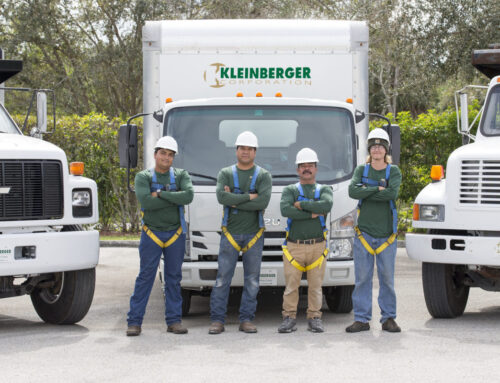If your home was damaged or destroyed by Hurricane Ian, being on the lookout for fraud is probably the last thing on your mind. Unfortunately, disasters all too often bring out unscrupulous contractors who prey on disaster victims, according to the Insurance Information Institute (I.I.I.).
After a disaster, professionals often go door-to-door to offer their services in neighborhoods that have sustained damage. While many of these businesspeople are reputable, some are not. For the many homeowners who are victims of contractor fraud, it can force delays in rebuilding or even completely halt the rebuilding process after a catastrophe.
However, following some basic guidelines can help you avoid being defrauded in the wake of Hurricane Ian.
Roofing Contractor Fraud
- If a roofing contractor comes to offer services, ask to see the salesperson’s drivers license and write down his or her license number and the vehicle’s license plate number.
- Investigate the track record of any roofer, builder or contractor you are considering hiring. Look for professionals who have a solid reputation in your community. Use a local, licensed, bonded and insured contractor. You can call your Better Business Bureau for help. Also, get references and never give anyone a deposit until after you have thoroughly researched their background.
- Ask to see any contractor’s proof of liability and workers compensation insurance.
- Occasionally, even licensed contractors develop financial difficulties, have employee or credit problems, or fail to keep their license current. Contact your local contractor license board before signing any contract or advancing any large payments for work.
- Ask your insurance professional for a list of reputable contractors if you don’t know of any yourself.
- Do not be rushed into signing a contract with any company. Instead, collect business cards and get more than one written estimate for the proposed job. Get everything in writing including cost, work to be done, time schedules, guarantees, payment schedules and other expectations that should be detailed.
- Never sign a contract containing blanks; unacceptable terms might be added later.
- Beware of building contractors that encourage you to spend a lot of money on temporary repairs. Payments for temporary repairs are covered as part of your total insurance settlement. If you pay a contractor a large sum for a temporary repair job, you may not have enough money for permanent repairs. In most cases, you should be able to make the temporary repairs yourself. Ask your insurance professional for guidance. And remember to keep receipts.
- Never pay a contractor in full or sign a completion certificate until the work is finished and you are sure the reconstruction is up to current code.
Do you need a quote for roof repair or roof replacement after Hurricane Ian? Call our office today to speak with an expert.








